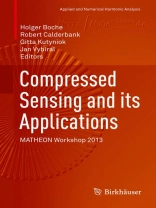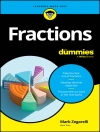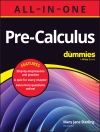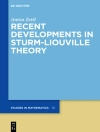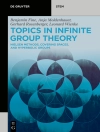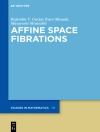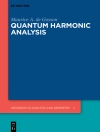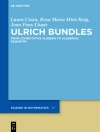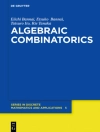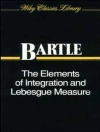Since publication of the initial papers in 2006, compressed sensing has captured the imagination of the international signal processing community, and the mathematical foundations are nowadays quite well understood.
Parallel to the progress in mathematics, the potential applications of compressed sensing have been explored by many international groups of, in particular, engineers and applied mathematicians, achieving very promising advances in various areas such as communication theory, imaging sciences, optics, radar technology, sensor networks, or tomography.
Since many applications have reached a mature state, the research center MATHEON in Berlin focusing on ‘Mathematics for Key Technologies’, invited leading researchers on applications of compressed sensing from mathematics, computer science, and engineering to the ‘MATHEON Workshop 2013: Compressed Sensing and its Applications” in December 2013. It was the first workshop specifically focusing on the applications of compressed sensing. This book features contributions by the plenary and invited speakers of this workshop.
To make this book accessible for those unfamiliar with compressed sensing, the book will not only contain chapters on various applications of compressed sensing written by plenary and invited speakers, but will also provide a general introduction into compressed sensing.
The book is aimed at both graduate students and researchers in the areas of applied mathematics, computer science, and engineering as well as other applied scientists interested in the potential and applications of the novel methodology of compressed sensing. For those readers who are not already familiar with compressed sensing, an introduction to the basics of this theory will be included.
Tabella dei contenuti
Survey on Compressed Sensing.- Temporal compressive sensing for video.- Compressed Sensing, Sparse Inversion, and Model Mismatch.- Recovering Structured Signals in Noise: Least-Squares Meets Compressed Sensing.- The Quest for Optimal Sampling: Computationally Efficient, Structure-exploiting Measurements for Compressed Sensing.- Compressive Sensing in Acoustic Imaging.- Quantization and Compressive Sensing.- Compressive Gaussian Mixture Estimation.- Two Algorithms for Compressed Sensing of Sparse Tensors.- Sparse Model Uncertainties in Compressed Sensing with Application to Convolutions and Sporadic Communication.- Cosparsity in Compressed Sensing.- Structured Sparsity: Discrete and Convex Approaches.- Explicit Matrices with the Restricted Isometry Property: Breaking the Square-Root Bottleneck.- Tensor Completion in Hierarchical Tensor Representations.- Compressive Classification: Where Wireless Communications Meets Machine Learning.
